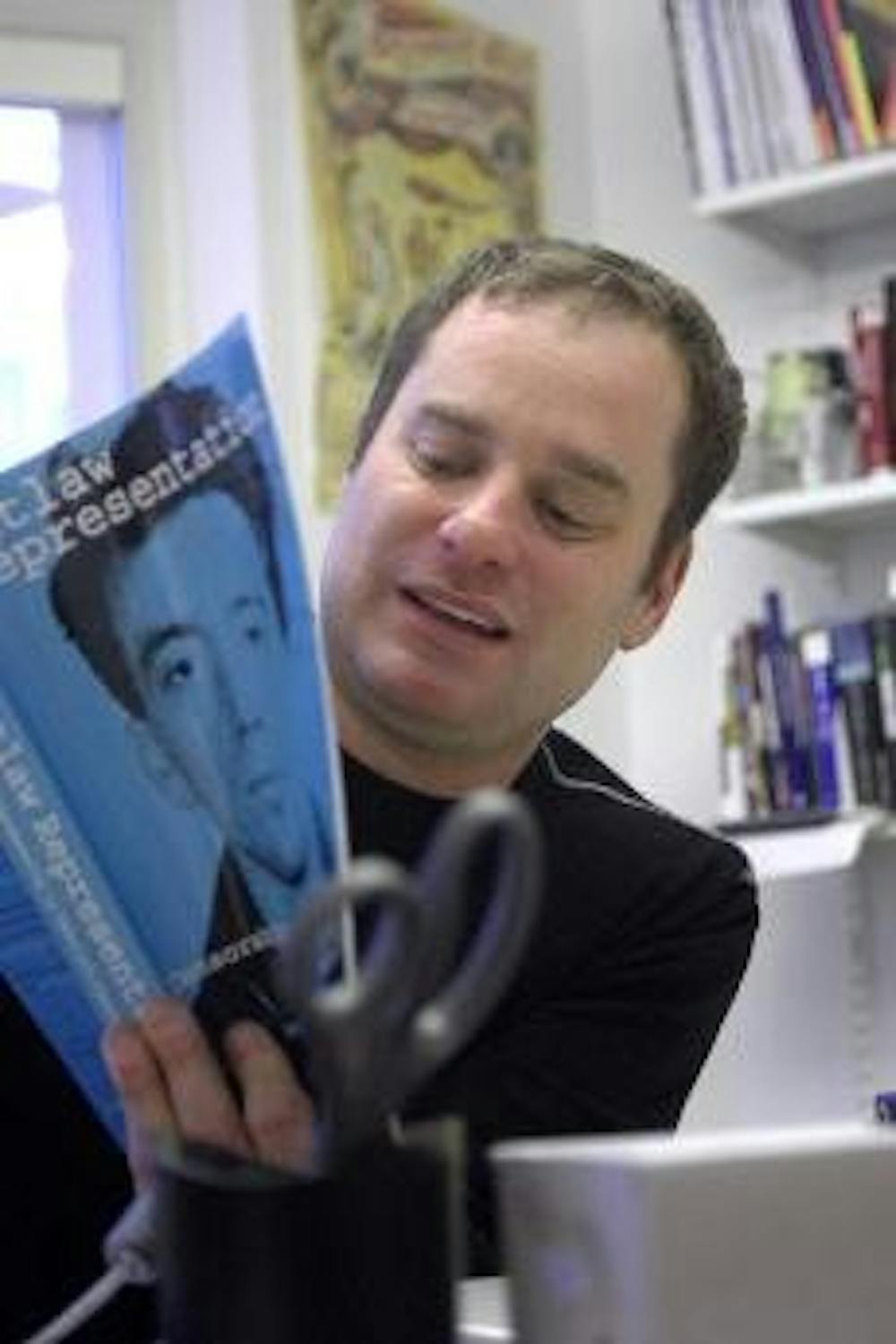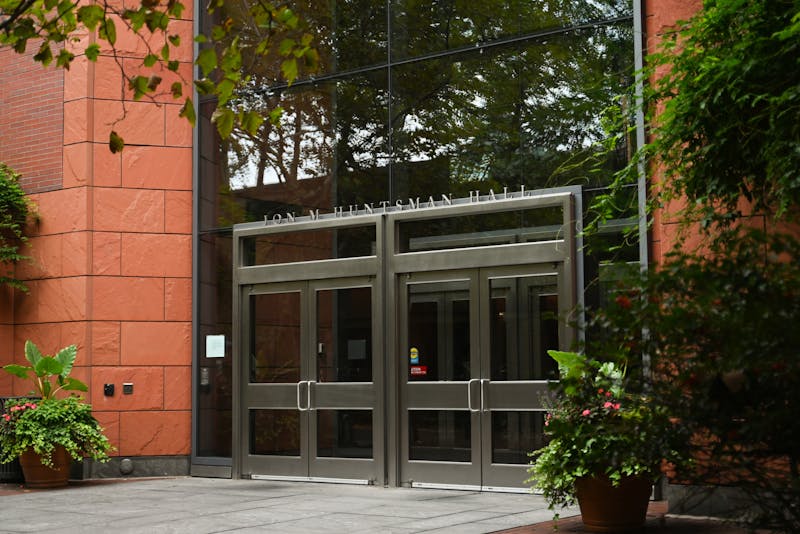
While the typical art history professor might give a lecture on Picasso's "Guernica," Richard Meyer says he would rather discuss "Picasso's dirty drawings on napkins."
"I'm interested in the stories that get left out of art history," Meyer said.
A visiting professor from the University of Southern California, Meyer has done extensive work on censorship and the role of sexuality and gender in contemporary art.
And he's not afraid to talk about the artwork - both "elegant" and "vulgar" - that art historians have traditionally shied away from.
In a forum called "Art, Sex, and Censorship in the 1970's" to be held this Thursday, Meyer will discuss the work of feminist artist Anita Steckel, which might be described as shocking.
For example, Steckel's painting of "perched penises on the buildings of New York" shows that "men own the streets of New York and are aligned with power," Meyer said.
While Meyer describes Steckel's work as "very unprecedented and sexually explicit," he is no stranger to eroticized and unconventional art.
Meyer's book, Outlaw Representation: Censorship and Homosexuality in Twentieth Century American Art, shows how limitations on artistic freedom mirror limitations on sexual freedom.
Ironically, Meyer's book on censorship was almost censored by his publisher, Oxford University Press, which demanded that a nude portrait of a young boy by Robert Mapplethorpe be removed from the book.
"I really thought about it, but eventually realized that if I had removed the photo, I would never have full ownership of the work. I would always feel like I had submitted to someone else's rules," Meyer said.
Meyer decided to keep the photograph - "because sometimes breaking the law is the most ethical thing someone can do," he said.
Meyer, along with others in the department, is now working on putting together a show at the Institute of Contemporary Art.
Although the curators are still brainstorming ideas for the show, Meyer said it might feature "fictive artists - fictional personas that artists have created."
"Art imagines alternatives to the way things are," Meyer said. "There isn't enough discussion of how we can think beyond our own moment."
The Daily Pennsylvanian is an independent, student-run newspaper. Please consider making a donation to support the coverage that shapes the University. Your generosity ensures a future of strong journalism at Penn.
DonatePlease note All comments are eligible for publication in The Daily Pennsylvanian.







